AQA’s holistic approach to education combines academic excellence with fairness, innovation, and global recognition. Choosing Assessment and Qualifications Alliance means investing in a qualification that opens doors to prestigious universities and rewarding career opportunities worldwide. It empowers students to develop the knowledge, skills, and confidence required to thrive in an increasingly competitive and interconnected world.
AQA (Assessment and Qualifications Alliance) is one of the UK’s largest and most respected examination boards, playing a critical role in the education sector by offering a diverse range of qualifications, including GCSEs, A Levels, and vocational certifications.
Founded in 2000 through the merger of several regional exam boards, AQA has grown to serve millions of students annually, both within the UK and in international centers.
It is widely recognized for its rigorous and fair assessment processes, ensuring that qualifications accurately reflect students’ knowledge, skills, and competencies across a broad spectrum of subjects, from sciences and humanities to arts and vocational studies.
By continuously updating its syllabi and assessments to meet the evolving demands of education and the workforce, Assessment and Qualifications Alliance helps prepare students for success in higher education and their future careers.
In addition to its role in examination and assessment, AQA provides extensive support to teachers and schools through professional development, teaching resources, and expert guidance, helping to enhance the quality of education delivery.
The organization’s qualifications are highly regarded by universities, employers, and professional bodies, both in the UK and internationally, underscoring Assessment and Qualifications Alliance commitment to excellence and its impact on shaping educational standards.
What is AQA?
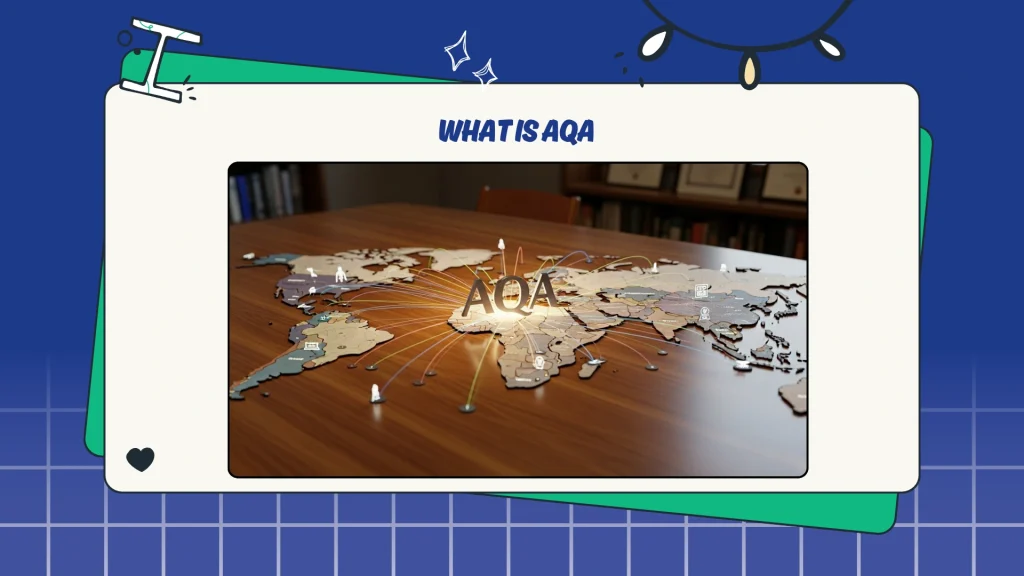
AQA (Assessment and Qualifications Alliance) is one of the leading examination boards in the United Kingdom, responsible for developing and awarding academic qualifications such as GCSEs (General Certificate of Secondary Education), A Levels, and vocational qualifications.
Founded in 2000 through a merger of several exam boards, Assessment and Qualifications Alliance has established itself as a trusted organization providing high-quality assessments designed to rigorously evaluate students’ knowledge, skills, and understanding across a broad range of subjects.
AQA’s qualifications are taken by millions of students annually in schools and colleges throughout the UK, as well as in some international centers. The board ensures that its exams and assessments are fair, reliable, and aligned with national education standards, preparing students effectively for further education and employment.
Moreover, AQA is committed to supporting teachers and learners by offering extensive resources, professional development opportunities, and guidance to help improve teaching and learning outcomes.
The qualifications awarded by Assessment and Qualifications Alliance are widely accepted by universities and employers, both within the UK and internationally, making them a valuable credential for academic and career advancement.
Key AQA Qualifications
AQA (Assessment and Qualifications Alliance) offers a wide range of qualifications designed to cater to different educational stages and learner needs. The most prominent among these include:
1. GCSEs (General Certificate of Secondary Education)
- Typically taken by students aged 14–16.
- Covers a broad range of subjects such as English Language and Literature, Mathematics, Sciences, History, Geography, Modern Foreign Languages, and more.
- GCSEs assess students through exams and sometimes coursework or controlled assessments, depending on the subject.
- Widely recognized for entry into further education or employment.
2. A Levels (Advanced Level)
- Usually taken by students aged 16–19 over two years (AS and A2 levels).
- Offer in-depth study of subjects such as Mathematics, Physics, Chemistry, Biology, English, Economics, Psychology, and many others.
- A Levels are key qualifications for university admission both in the UK and internationally.
- Known for developing subject expertise and critical thinking skills.
3. Vocational Qualifications
- Include Applied Generals and Tech Level qualifications.
- Designed for students interested in practical and career-focused education.
- Subjects range from Business and Health & Social Care to IT and Engineering.
- Provide pathways to employment, apprenticeships, or further study.
4. Functional Skills
- Qualifications in English, Mathematics, and ICT.
- Focus on practical skills needed in everyday life and work.
- Suitable for learners who need to develop essential skills or require qualifications recognized by employers.
5. Entry Level Qualifications
- Designed for learners working below GCSE level.
- Help build foundational skills and confidence in core subjects.
AQA’s diverse qualification portfolio aims to accommodate different learning styles and career goals, ensuring students have relevant and respected certifications to support their academic and professional journeys.
Global Recognition of AQA
Assessment and Qualifications Alliance (AQA) is widely acknowledged as one of the leading examination boards in the United Kingdom, and its qualifications hold significant value not only nationally but also internationally.
Recognition by Universities Worldwide
- AQA’s GCSEs and A Levels are recognized by virtually all universities in the UK, including prestigious institutions such as Oxford, Cambridge, and Imperial College London.
- Many universities in the United States, Canada, Australia, Europe, and Asia accept AQA A Levels as valid qualifications for undergraduate admissions. Some institutions may also grant advanced placement or credit for strong A Level results.
Acceptance by Employers and Professional Bodies
- Employers globally value AQA qualifications for the robust academic skills they represent, including critical thinking, analytical ability, and subject-specific knowledge.
- Professional organizations often recognize AQA vocational and technical qualifications, which align with industry standards and workforce requirements.
International Exam Centers
- AQA qualifications are offered through numerous international schools and exam centers worldwide, allowing students outside the UK to access high-quality British education.
- The international presence ensures that AQA standards remain consistent and respected globally.
Government and Educational Authority Recognition
- In many countries, AQA qualifications are formally recognized by education ministries and regulatory bodies, providing pathways for further education and employment.
- For students in countries like Pakistan, local equivalence certificates (such as those issued by IBCC) are required for official recognition of A Levels, ensuring smooth academic and career progression.
AQA qualifications provide learners with a respected and internationally recognized credential that opens doors to global higher education opportunities and competitive career prospects.
Their widespread acceptance by universities, employers, and education authorities underscores AQA’s reputation as a trusted exam board worldwide.
Unique Features of AQA
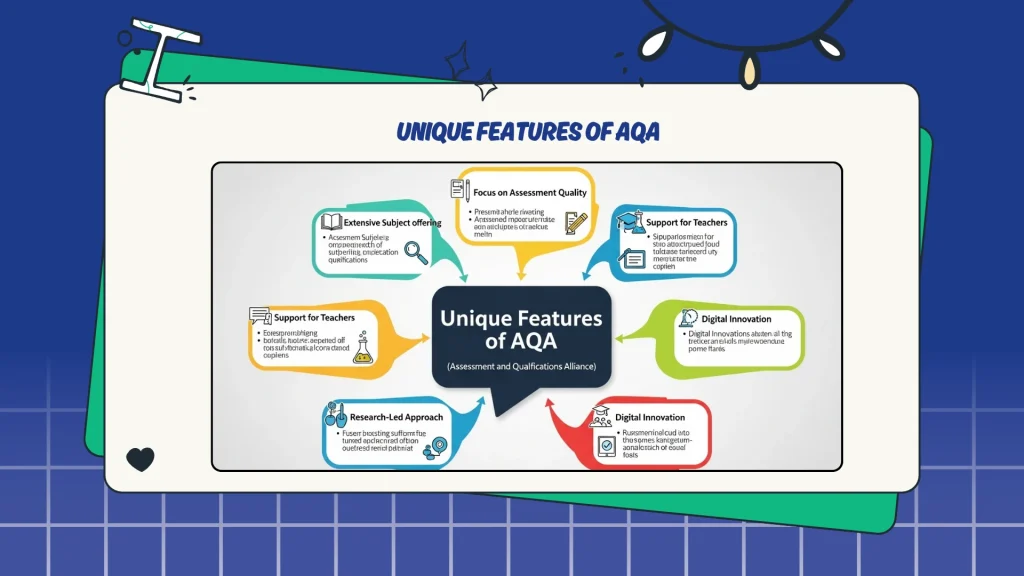
Here are the unique features of Assessment and Qualifications Alliance:
- Wide Range of Qualifications: AQA offers an extensive portfolio of qualifications, including GCSEs, A Levels, vocational qualifications, Functional Skills, and Entry Level certificates, catering to diverse learner needs and career paths.
- Rigorous and Fair Assessment: AQA is known for its robust and transparent assessment processes that combine written exams, coursework, and practical assessments to evaluate student performance comprehensively and fairly.
- Regular Curriculum Updates: AQA continually reviews and updates its syllabuses to reflect current educational research, industry trends, and university requirements, ensuring that its qualifications remain relevant and future-focused.
- Comprehensive Teacher Support: AQA provides extensive support to educators, including detailed teaching resources, professional development courses, examiner reports, and an online support hub, helping teachers deliver high-quality instruction.
- Innovative Use of Technology: AQA embraces digital tools for exam administration, marking, and feedback, improving efficiency and accuracy. They also offer digital learning resources and online platforms for students and teachers.
- Focus on Skills Development: Beyond knowledge recall, AQA emphasizes critical thinking, problem-solving, communication, and analytical skills, preparing students for higher education and the workforce.
AQA actively works to ensure accessibility for all learners, including those with special educational needs, by providing accommodations and special arrangements during exams.
AQA Exam Sessions
AQA conducts examinations primarily in two main sessions each academic year to accommodate students and schools:
1. Summer Exam Series
- Usually held between May and June.
- This is the main exam session for GCSEs, A Levels, and many vocational qualifications.
- Results are typically released in August.
2. Winter Exam Series
- Conducted mainly in November.
- Mostly for vocational qualifications and some GCSE subjects.
- Results are generally published in January.
Additional Notes:
- Some qualifications may offer multiple assessment opportunities throughout the year, especially vocational courses.
- Schools and exam centers must register candidates ahead of deadlines specific to each exam series.
- Results are available online through AQA’s results services and are also sent to schools.
Grading System
AQA uses a standardized grading scale to assess student performance across its qualifications, designed to provide clear differentiation of achievement levels.
1. GCSE Grading
- Grades range from 9 (highest) to 1 (lowest).
- Grade 9 represents exceptional performance, higher than the old A* grade.
- Grade 4 is considered a standard pass, while grade 5 is a strong pass.
- U stands for unclassified, meaning the performance did not meet the minimum standard.
2. A Level Grading
- Grades range from A (highest)* to E (lowest passing grade).
- The U grade means unclassified or fail.
- A* indicates outstanding achievement, typically requiring a high mark in both the overall exam and the A2 units.
3. Vocational and Functional Skills
- Grading varies depending on the specific qualification but often uses Pass, Merit, Distinction, or Distinction* to denote performance levels.
Key Features of AQA Grading
- Clear Grade Boundaries: Boundaries are published each year to maintain fairness and transparency.
- Detailed Descriptors: Each grade corresponds to clear performance standards to help learners and educators understand achievement levels.
- Continuous Review: AQA reviews and adjusts grade boundaries annually based on exam difficulty and cohort performance to ensure consistency.
AQA in Pakistan and Equivalence
Assessment and Qualifications Alliance (AQA) is a prominent UK examination board whose qualifications, including GCSEs and A Levels, are widely taken by students in Pakistan through international schools and registered exam centers.
Availability and Examination
- Numerous private and international schools across Pakistan offer Assessment and Qualifications Alliance syllabuses and conduct exams under authorized centers, providing local students access to British education standards.
- Exams are conducted in Pakistan according to the AQA’s global schedule, primarily during May/June and November sessions.
Equivalence by IBCC
- The Inter Board Committee of Chairmen (IBCC) is the official authority in Pakistan responsible for granting equivalence certificates for international qualifications, including those awarded by AQA.
- O Levels (GCSEs) through AQA are considered equivalent to the Matriculation (Secondary School Certificate).
- A Levels by AQA are recognized as equivalent to the Intermediate (Higher Secondary School Certificate) in Pakistan.
Importance of Equivalence
- Equivalence certificates are mandatory for students who wish to pursue higher education in Pakistani universities or seek government jobs and other official recognitions.
- The IBCC process ensures that Assessment and Qualifications Alliance qualifications are officially validated within the Pakistani education framework.
Application Process
- Students must apply to IBCC with their original AQA certificates, transcripts, and relevant documentation to receive equivalence.
- The IBCC website provides guidelines, forms, and fee details for the equivalence application.
This recognition bridges international qualifications with local academic and professional pathways, enabling Pakistani students to benefit from globally recognized education while meeting national requirements.
AQA vs. CAIE
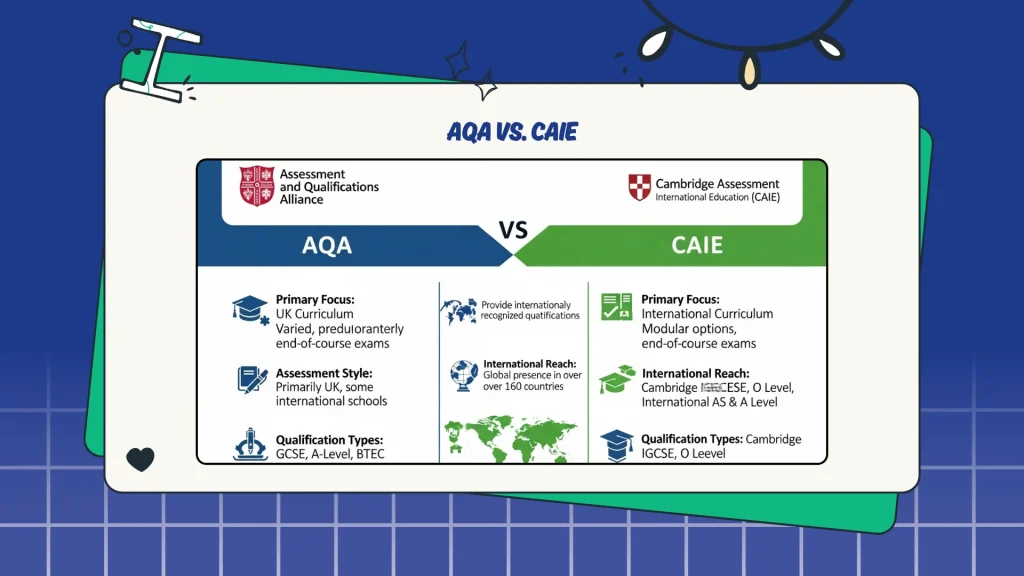
Assessment and Qualifications Alliance (AQA) and Cambridge Assessment International Education (CAIE) are two prominent examination boards providing internationally recognized qualifications. While both serve the educational needs of secondary and pre-university students, they differ in certain key aspects.
1. Origin and Reach
Assessment and Qualifications Alliance is a UK-based examination board primarily serving schools within the United Kingdom, with a growing international presence through selected centers. In contrast, CAIE operates on a global scale, with extensive reach particularly in Commonwealth countries and international schools worldwide.
2. Qualifications Offered
Assessment and Qualifications Alliance offers qualifications including GCSEs, A Levels, vocational certifications, and Functional Skills. CAIE provides a wider range of international qualifications such as IGCSEs, O Levels, AS Levels, and A Levels, as well as primary and lower secondary programmes.
3. Curriculum Orientation
AQA’s syllabuses align closely with the UK national curriculum, emphasizing content mastery and examination preparedness. CAIE delivers a more international curriculum designed to foster critical thinking, problem-solving, and application of knowledge in a global context.
4. Examination Sessions
AQA conducts examinations mainly in two series: the summer session (May/June) and the winter session (November) for selected qualifications. CAIE schedules its exams biannually in May/June and October/November, providing greater flexibility in examination timing.
5. Grading Systems
Assessment and Qualifications Alliance employs a 9-1 grading scale for GCSEs and A* to E for A Levels. CAIE uses an A* to E grading scheme for both IGCSE/O Level and A Level qualifications, with ‘U’ denoting unclassified results.
6. Assessment Methods
Both boards utilize a combination of written examinations, coursework, and practical assessments where applicable. The weighting and structure may vary according to subject specifications.
Why Choose AQA?
AQA (Assessment and Qualifications Alliance) is a trusted and leading examination board known for its commitment to high academic standards, fairness, and support for learners and educators. Here are the key reasons to choose Assessment and Qualifications Alliance:
Wide Range of Qualifications
AQA offers diverse qualifications, including GCSEs, A Levels, vocational certifications, and Functional Skills, catering to various learning needs and career pathways.
Rigorous and Transparent Assessment
Assessment and Qualifications Alliance maintains a robust and fair assessment process with clear grading standards, ensuring that students’ achievements are accurately and consistently measured.
Alignment with the UK National Curriculum
AQA’s syllabuses are closely aligned with the UK national curriculum, providing a well-structured and recognized framework that prepares students effectively for higher education.
Extensive Teacher and Learner Support
AQA provides comprehensive resources, professional development, and guidance to support effective teaching and learning.
Global Recognition
AQA qualifications are respected by universities, employers, and professional bodies worldwide, facilitating smooth progression to higher education and employment.
Innovative and Accessible
With the integration of digital tools and flexible assessment options, AQA promotes accessibility and adapts to evolving educational needs.
Choosing Assessment and Qualifications Alliance ensures a reputable, quality education that prepares students for academic success and future career opportunities.
Conclusion
AQA is a cornerstone of educational excellence in the United Kingdom and beyond, offering a wide array of qualifications that cater to diverse student needs and ambitions. With its strong emphasis on academic rigor, fairness, and accessibility, Assessment and Qualifications Alliance ensures that learners are not only tested on knowledge but are also equipped with critical thinking, analytical skills, and practical competencies essential for success in higher education and the modern workforce.
The extensive range of qualifications provided by Assessment and Qualifications Alliance, from GCSEs to A Levels and vocational awards, demonstrates its commitment to inclusivity, recognizing that every student has unique talents and career goals. Whether a student is pursuing traditional academic routes or more specialized vocational paths, AQA’s well-structured syllabi and clear assessment methods provide a reliable framework for achievement.
For students in Pakistan and other countries, the availability of Assessment and Qualifications Alliance qualifications through authorized centers and the provision of equivalence certificates by bodies like IBCC make it a practical and advantageous choice for those aiming to study locally or abroad.
Frequently Asked Questions (FAQs)
What types of qualifications does AQA offer?
AQA offers a broad range of qualifications, including GCSEs, A Levels, and vocational qualifications across various subjects. These cover core academic areas such as Mathematics, English, and Sciences, as well as creative and vocational fields like Art, Business, and Health & Social Care. This variety allows students to tailor their education to their interests and career goals.
How does AQA ensure the fairness and quality of its exams?
AQA has rigorous procedures to maintain fairness and high standards. This includes regular review and updating of syllabi, thorough training for examiners, and strict moderation processes to ensure consistent grading. Additionally, Assessment and Qualifications Alliance provides clear guidelines and mark schemes so that all students are assessed fairly.
Can international students take AQA exams? How can they register?
Yes, Assessment and Qualifications Alliance exams are available to international students through authorized exam centers, including British Council offices and registered private schools worldwide. Students usually need to contact these centers well in advance of exam sessions to register and receive details about fees, exam dates, and preparation resources.
What is the grading system used by AQA for GCSE and A Levels?
For GCSEs, Assessment and Qualifications Alliance uses a grading scale from 9 to 1, where 9 represents the highest achievement and 1 is the lowest passing grade. This system replaced the older A* to G grades to offer better differentiation, especially among top-performing students. For A Levels, the traditional A* to E grading scale remains, with U indicating an unclassified or fail result.
How do coursework and controlled assessments factor into AQA qualifications?
In some subjects, Assessment and Qualifications Alliance includes coursework or controlled assessments as part of the final grade. These allow students to complete practical projects or extended writing tasks under supervised conditions. Coursework helps assess skills that cannot be tested through exams alone, such as scientific investigations or creative design.
What support materials are available for students preparing for AQA exams?
AQA provides extensive resources to help students succeed, including past exam papers, specimen papers, mark schemes, examiner reports, and detailed syllabus guides. Many schools and tutoring centers also offer revision classes and workshops aligned with Assessment and Qualifications Alliance requirements to ensure thorough preparation.
How does AQA compare to other exam boards like Edexcel or OCR?
While all major UK exam boards provide high-quality qualifications, AQA is often praised for its clear syllabus structure and balanced assessment style. Differences between boards typically lie in the format of assessments, availability of subjects, and slight variations in coursework requirements. Students and schools usually choose based on the best fit for their learning preferences.
Are AQA qualifications recognized by universities worldwide?
Yes, AQA GCSEs and A Levels are widely recognized by universities across the UK, USA, Canada, Australia, and many other countries. These qualifications meet international standards and are accepted as credible evidence of academic achievement for admissions and scholarships.
How frequently are AQA syllabi and exams updated?
Assessment and Qualifications Alliance regularly reviews and updates its syllabi and exam content to reflect changes in curriculum standards, technological advancements, and feedback from educators and students. This ongoing process ensures that qualifications remain relevant, challenging, and fair.
What should students do if they want to improve their AQA exam results?
Students seeking to improve their results can consider resitting exams in subsequent sessions, provided the qualification allows it. It is important to register on time and prepare thoroughly using updated materials and past papers. Additionally, many schools offer targeted revision courses or extra tutoring focused on weak areas to help students achieve better grades.


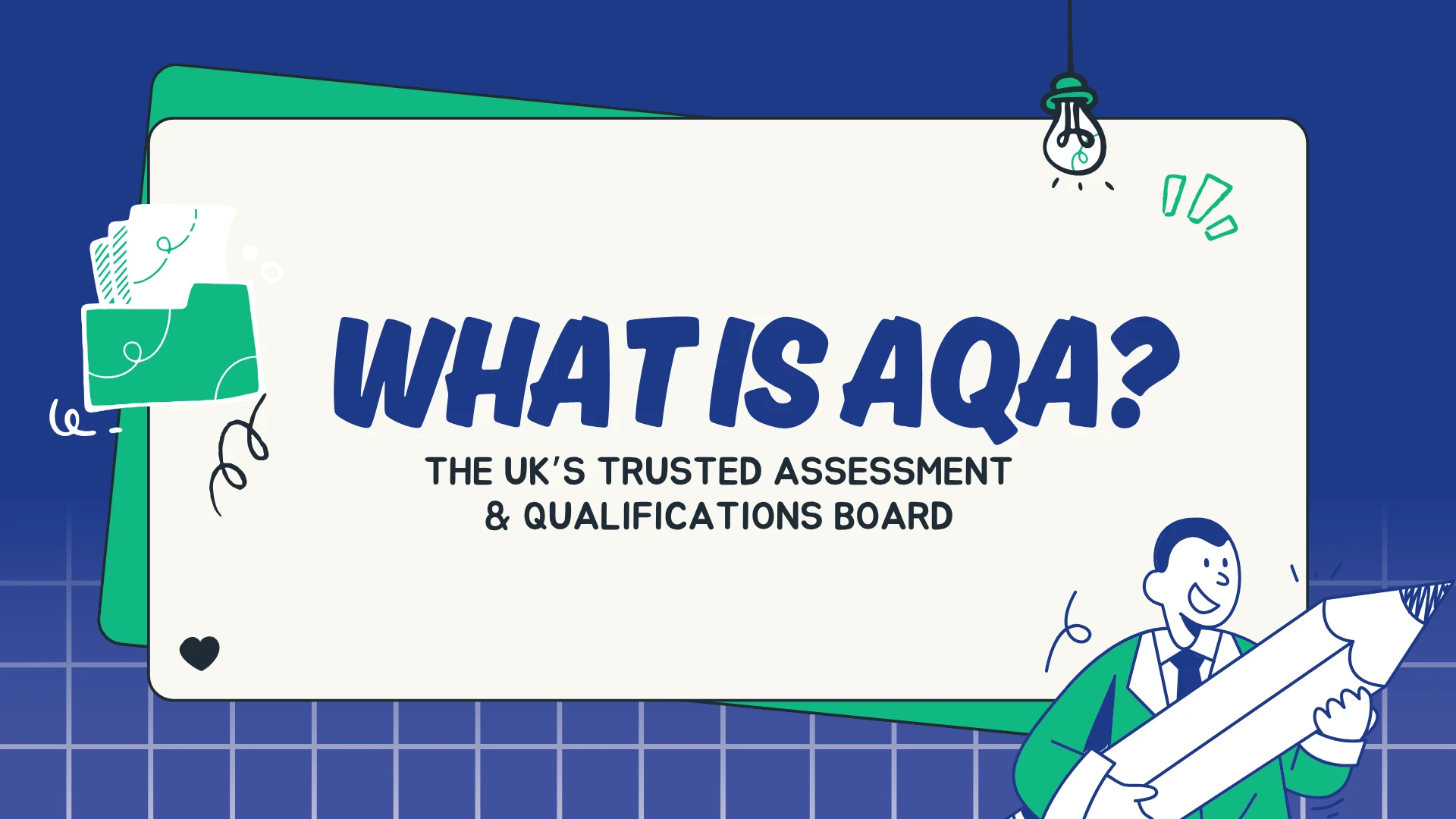


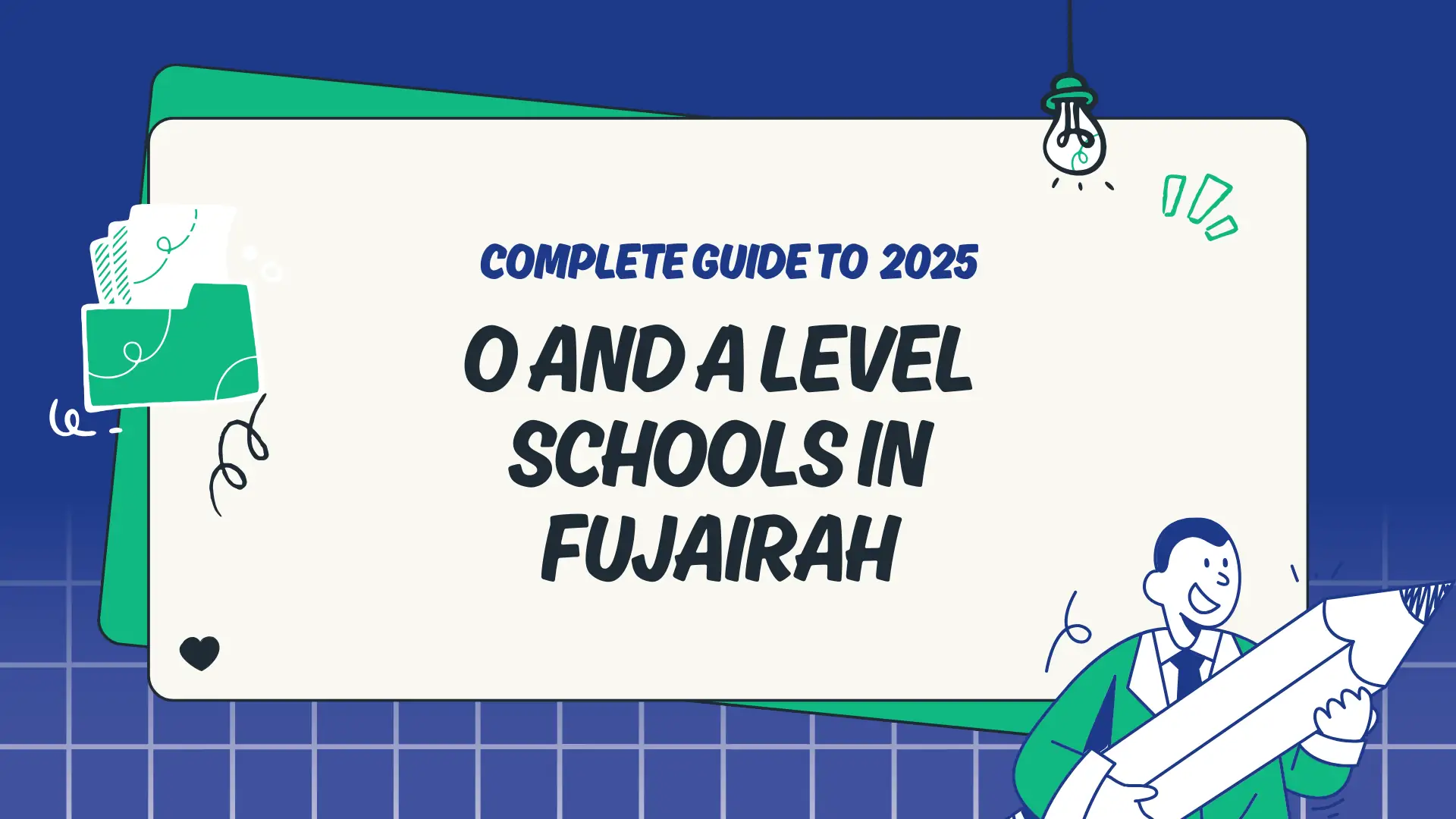

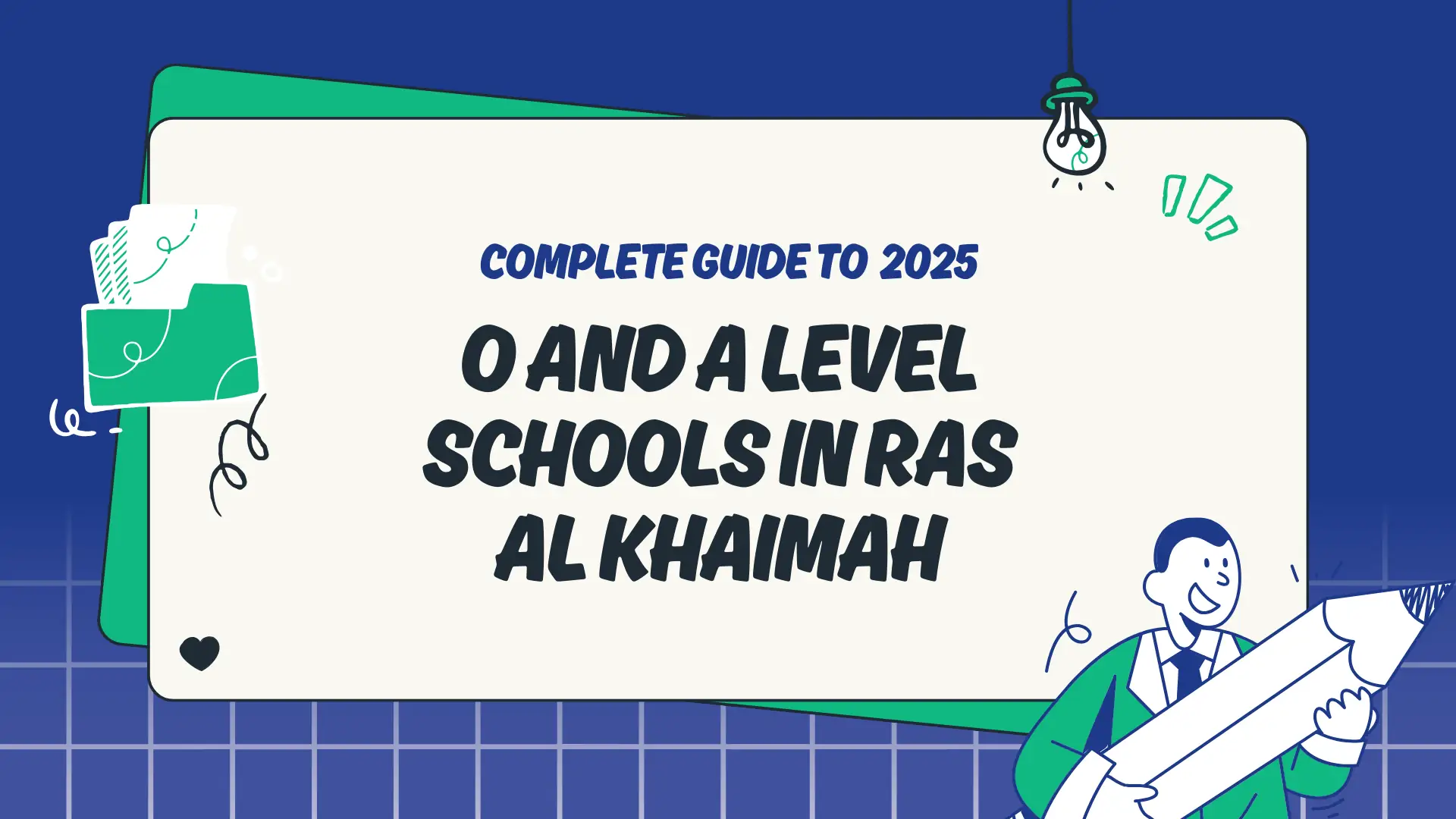
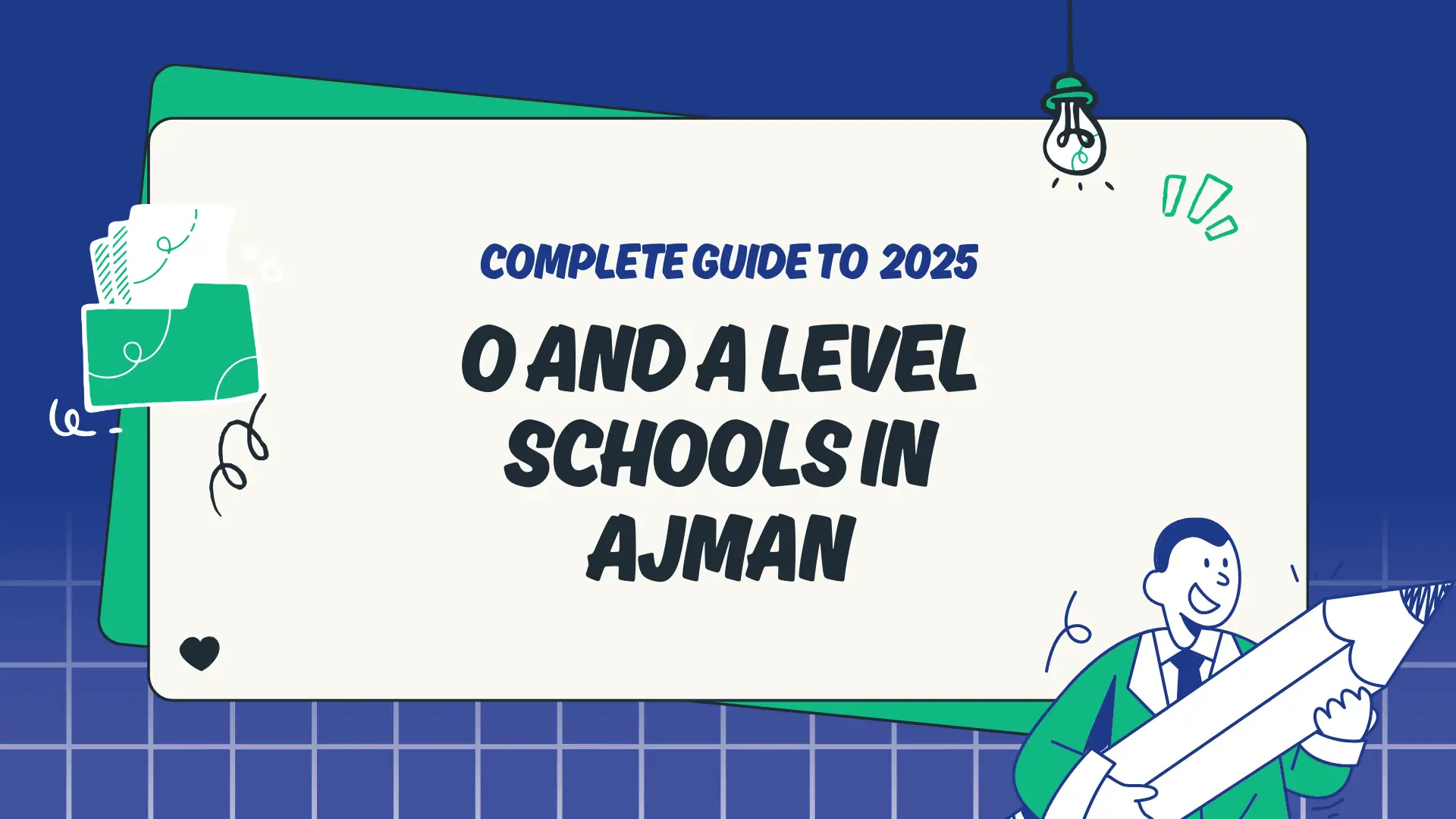
Leave a comment